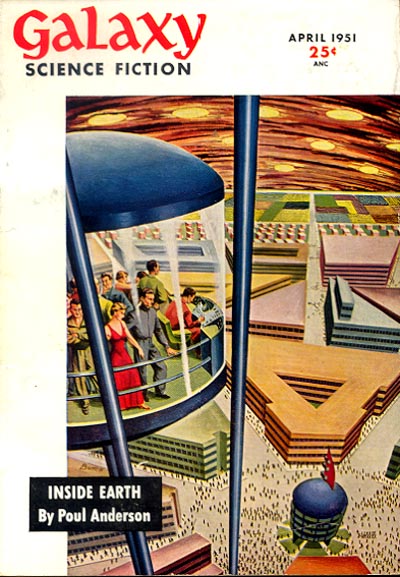Gospel
Contributor
- Joined
- Oct 22, 2007
- Messages
- 7,762
- Location
- Florida
- Gender
- Ghetto Black Male
- Basic Beliefs
- Agnostic Atheist
Puts on Carl Sagan cap:
As we face the current environmental crisis, it may feel as though we are locked in a destructive cycle with nature, one where we deplete resources at the risk of our own existence. Rather than focusing solely on population control— a contentious issue given the complexities of human behavior— we might be better served by leveraging the ingenuity and capability of our brightest minds to explore solutions beyond our planet.
Space exploration could provide an answer to our population and resource concerns. This doesn't necessarily mean migrating to Mars or other planets, but rather innovating ways to live in space, potentially through advanced engineering akin to large-scale space stations.
If we can master the ability to harness the energy of stars, for example, we could sustain ourselves in space, ensuring our survival even as planet side resources become strained. This could extend humanity's timeline, potentially long enough to witness the universe go tits up.
Removes cap.
As we face the current environmental crisis, it may feel as though we are locked in a destructive cycle with nature, one where we deplete resources at the risk of our own existence. Rather than focusing solely on population control— a contentious issue given the complexities of human behavior— we might be better served by leveraging the ingenuity and capability of our brightest minds to explore solutions beyond our planet.
Space exploration could provide an answer to our population and resource concerns. This doesn't necessarily mean migrating to Mars or other planets, but rather innovating ways to live in space, potentially through advanced engineering akin to large-scale space stations.
If we can master the ability to harness the energy of stars, for example, we could sustain ourselves in space, ensuring our survival even as planet side resources become strained. This could extend humanity's timeline, potentially long enough to witness the universe go tits up.
Removes cap.

 If technological advancements allow us to extend our reach to the asteroid belt, it could unlock a wealth of water and other resources. I'm ignorant of all the science behind what I'm saying so consider this entertaining my thoughts. Wouldn't the cost of interstellar travel, once already in space, be significantly lower than the expense of launches from Earth to space? sure it will be costly to start (as any business venture is) but once you're there is all profits like Amazon, Google, Apple,
If technological advancements allow us to extend our reach to the asteroid belt, it could unlock a wealth of water and other resources. I'm ignorant of all the science behind what I'm saying so consider this entertaining my thoughts. Wouldn't the cost of interstellar travel, once already in space, be significantly lower than the expense of launches from Earth to space? sure it will be costly to start (as any business venture is) but once you're there is all profits like Amazon, Google, Apple, 
 )
)